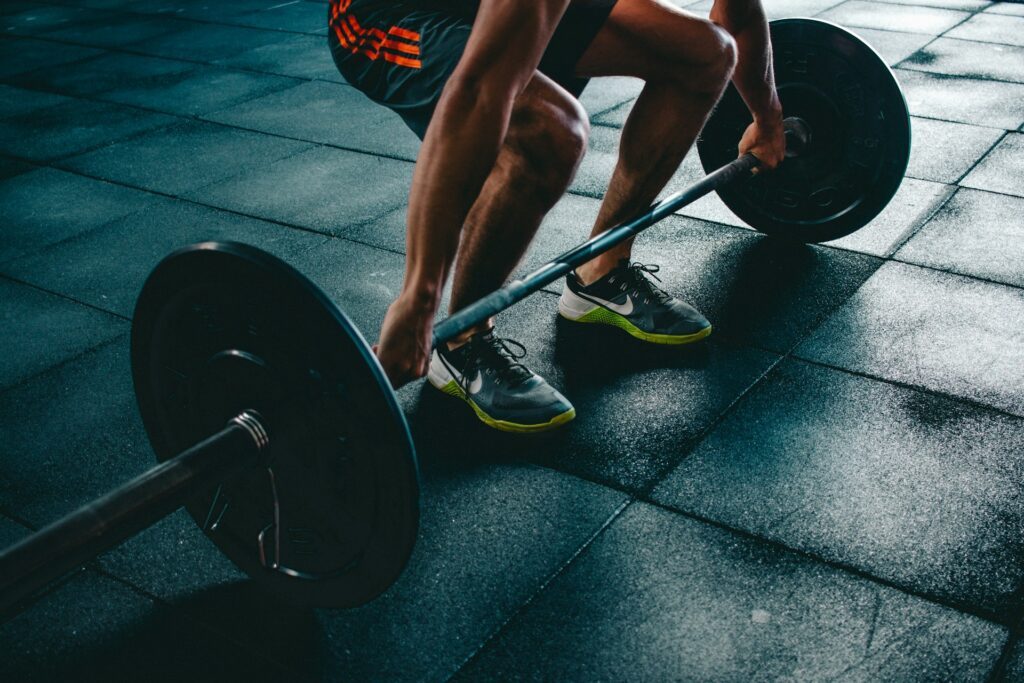Most people want it, some people will achieve it, but only a small population will sustain it. Countless people have at some point chased fat loss. Most will succeed in the initial stages and drop fat. So why is it that the rates of the overweight and obese continue to climb.
Is it sugar? No. Is it carbohydrates? No.
It is because we lack the understanding, guidance and we eat TOO many calories!!
Many people say “just eat less” when on the contrary it is a whole lot more complex. In my opinion it is very naive to tell someone who wants to lose fat “just eat less”. Yes, it may be part of the equation (and yes it is vital if you want to lose fat) but if it was everything then we wouldn’t be running into the problem that is REBOUND.
Fat loss can be broken down into two key areas. Getting it off and keeping it off. The latter being arguably the hardest part of it. The majority often work so hard to get to a certain point of fat/weight loss and now have no idea what to do next, resulting in all the hard work being undone. It isn’t an easy process by any means. It takes a toll psychologically and physiologically on the body, so have an exit strategy and don’t come in expecting it to be easy.
Before you begin, there are a number of things you may want to check off. Here are my top 7.
No. 1 – History of dieting
A history of poor dieting behaviours or more severe eating disorders are very common. We all know someone who has been affected by this, it may have even been you! Eating disorders are a serious matter and should not be taken lightly. Seeking out professional intervention is highly recommended if you or someone you know is facing this battle.
A different focus should be held in place, for the time being. One that emphasises building a healthy relationship with food. That is creating a healthy understanding of what it takes to make sustainable and flexible choices with your food intake. Forget anything to do with fat loss and start to put your attention into learning about things like;
-
Good and bad foods don’t exist (unless you are allergic to a certain food)
-
Understanding that food is fuel for your body (repair, growth, hormones)
-
Creating habits and behaviours for sustainable weight maintenance (stems from improving/ changing beliefs)
-
Nutrient dense and highly satiating foods
-
How to allow flexibility in your food choice
-
A sustainable method for you (principles > methods)
No. 2 – Is it a viable time to lose fat?
Can your current and near future lifestyle deal with the extra pressure and stress of a hypocaloric diet? The timing of a fat loss phase is a huge factor in determining the success of the outcome. You will need to way up whether or not you have too many external stressors in your life already, before you embark on a fat loss journey. If there are, then adding another may not make it a worthwhile choice.
Don’t rush it, pick a suitable time and commit. Although don’t take what I have just said as an excuse to keep holding it off.
No. 3 – Understand Sacrifice
There is always a trade-off. Something(s) will need to be sacrificed for you to achieve your fat loss goal. BUT, let’s not forget the concept of moderation, we aren’t robots after all. Whilst fat loss does require some sacrifice, this does not mean you lock yourself away and don’t live your life. There are going to be some tough decisions but we have to accept that and ask ourselves;
“Will this help with my goal” or
“Will this hinder my progress”
Like a lot of other things in life, sacrifice is needed. If you want to go on a holiday, then maybe you go out every second weekend instead of every weekend to save some money. The people that make the choice in line with their goals more often are the ones that will in turn be more successful.
No. 4 – Starting strong
Countless people go through the cycle of fat loss via extremely low food intake followed by a quick regain. After that it’s rinse and repeat. I have seen it first-hand. Unknown to them is the damage they are doing to their metabolic capacity, which in turn makes future fat loss even harder. How do you get out of this cycle? You need to eat more to lose more. Yes, EAT MORE.
Just like your body adapts to hypocaloric conditions, your body can also adapt to slow increases in caloric intake. You are essentially building your metabolic capacity to a ‘position of strength’. Imagine two people starting at 90kg looking to lose fat. One is starting a diet maintaining weight on 1500 calories and the other starting a diet maintaining on 2100 calories. Who do you think is going to have an easier time losing weight? 2100 calorie person of course, they have a lot more room to manoeuvre. As you progress in your fat loss phase you are progressively using up resources. The less resources you have to begin with the quicker you will run out of options and begin to feel the effects of dieting.
No. 5 – Psychologically ready
Ask yourself these questions;
-
Is your mind in a good place to start a fat lose phase? I.e are you stressed?
-
Is losing fat something you really want for yourself?
-
Are you aware of what is going to happen and what it is going to take to have a successful fat lose phase? If not ask questions.
-
Are you prepared to get through road blocks?
-
Can you adhere and stick to a plan for a consistent amount of time?
-
Are you aware of how it may affect the people around you?
I would strongly recommend you tick most of these boxes before you begin. Find out and learn as much as you can about a fat loss phase before you begin.
No. 6 – Physically, do I need to?
Is your current body condition viable to lose fat? At the end of the day it is 100% your choice. If you are already quite lean and want to get leaner just to look even more shredded that’s up to you but you should be aware of the potential implications of this? Social restraints, mentally fatiguing, physically draining, progress in the gym is limited etc, it puts a strain on everything. Being very lean for extended periods of time is far from optimal health. Take a body builder on stage for example, they may look fit, but with everything else in consideration this is a very unnatural and unhealthy state to be. There is a fine line between what is realistic and sustainable.
Now, do you have a higher body fat percentage or are you overweight? Then yes it may be time for you to lose some excess baggage. Being overweight is linked to a number of the chronic diseases in today’s population and achieving a healthy weight is a huge reason these diseases may not affect you later in life.
The choice is yours!
No. 7 – What happens after?
The danger of a rebound!! Weight loss isn’t the hardest thing, it’s the maintenance of this weight loss that often leaves people unstuck. For a successful diet as a whole, consider the diet then the recovery from the diet. After you diet down there should be a plan of attack, allowing the body to return to normality as quickly as possible, while minimising the amount of fat gained. We must take into consideration that the further we go into a diet the more careful and strategic you need to be on the way back out. The longer you diet, the longer your body has to adapt and therefore the changes are more substantial. If someone drops a lot of weight quickly then immediately goes back to old habits, the body will respond very poorly and will result in weight re gain.
Summary
Losing fat is by far a simple process. If it was everyone would do it and everyone would succeed at it, but that is not the case. There are numerous facets to consider before embark on a diet phase. A firm plan of attack before and after is fundamentally key to it all being a success.







